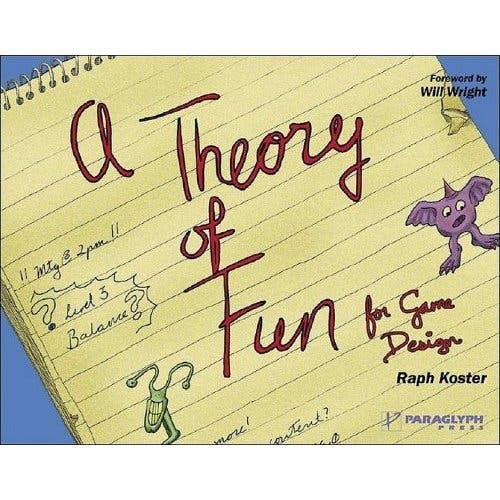Books About Videogames
Lots of things you probably haven't read, and some you should.
Taking a case studies approach, Smartbomb, by Heather Chaplin and Aaron Ruby, offers a series of character snapshots including figures like Will Wright, and (with surprising tenderness) Cliff Bleszinski, alongside a chapter looking at a bunch of losers who play MMOs all day. (As an aside, the ultimate book on losers who play MMOs all day is Play Money, Julian Dibbel's account of a disastrous year spent gold-farming in Ultima Online. Dibbel's another Wired writer, and his book manages to be simultaneously touching, thoughtful, and frightening.)
There are also a range of books looking at the histories of specific companies. Game Over, David Sheff's history of Nintendo, is a classic, even though it's aging now, and many, such as Kohler, have questioned its overall accuracy. I wouldn't know, alas, but I can tell you that the chapter on Miyamoto's childhood is a brilliant read. Switching sides, Dean Takahashi has written two books about Microsoft's foray into games consoles: Opening the Xbox and The Xbox 360 Uncloaked. The first is the best, as Takahashi has a genuinely engaging protagonist in Seamus Blackley, while the second was published before the full extent of the 360's design problems were apparent. Judging by the author's recent journalism, such as his coverage of the Red Ring of Death scandal, when the next Xbox comes along, I wouldn't expect a third book to go with it, unless Takahashi's getting onto the Campus with the help of wire cutters, a stepladder, and night-vision goggles.

Elsewhere, taking opposite approaches, On the Edge is a tirelessly detailed, and brutally index-free look at the history of Commodore (short version: you wouldn't want to work there), while Rogue Leaders offers a lavish visual trudge through Lucasarts' story. Not only is the book beautifully illustrated, with plenty of concept artwork and a trippy lenticular cover, it's also big enough to use as a makeshift club when robbers break into your house to boost your copy of Invasion of the Space Invaders. Yet despite the lush presentation, as Rogue Leaders lurches into the mid-nineties, the company's quirky, interesting projects are increasingly relegated to sidebars and boxouts, while Jar-Jar and his ilk hijack the narrative. It's a fitting metaphor for the collapse of the company as a creative force.
But I've saved the best for last: Masters of Doom, a long, hard look at id by David Kushner. Due to the pacing of the story and the relentless focus on the characters involved, it's about as close to a videogame Godfather as you're likely to get, and as the book grinds towards its conclusion, each page brings another surprise offing of a beloved central player. It's fact, but it reads like fiction, and while nobody emerges looking wonderful, Johns Carmack and Romero are wonderfully opposed leads.
Theory
As videogame courses sprout up around the world, game theory books are likely to undergo an exponential leap. There are already a few worth looking at, and the best give you a sense of what developer themselves might be thinking even if you have zero interest in making games.
Starting with a textbook, but a very readable one, Andrew Rollings' and Ernest Adams' On Game Design is a detailed primer for the world of development. It manages to cram in insights into designing for almost every genre, and even includes a section on how to create a pitch document.

Postmortems from Game Developer, edited by Austin Grossman, is even better - a collection of magazine essays in which designers look back at their own titles and discuss what went right and wrong. With entries from Bungie and Lionhead, Postmortems contains first-hand deconstruction from some of the industry's biggest teams, and alongside a good deal of illustrations, it's the first place to go to hear creators speaking with real honesty about the games they've made.
Finally, A Theory of Fun, by former SOE luminary Raph Koster, is definitely worth looking at, although Koster's central premise - that the fun of games lies in learning - is disappointingly unsexy. After a slow start, however, and a faintly patronising tone, there's a lot of solid thinking going on from someone who has a real skill for taking games apart as well as making them.
